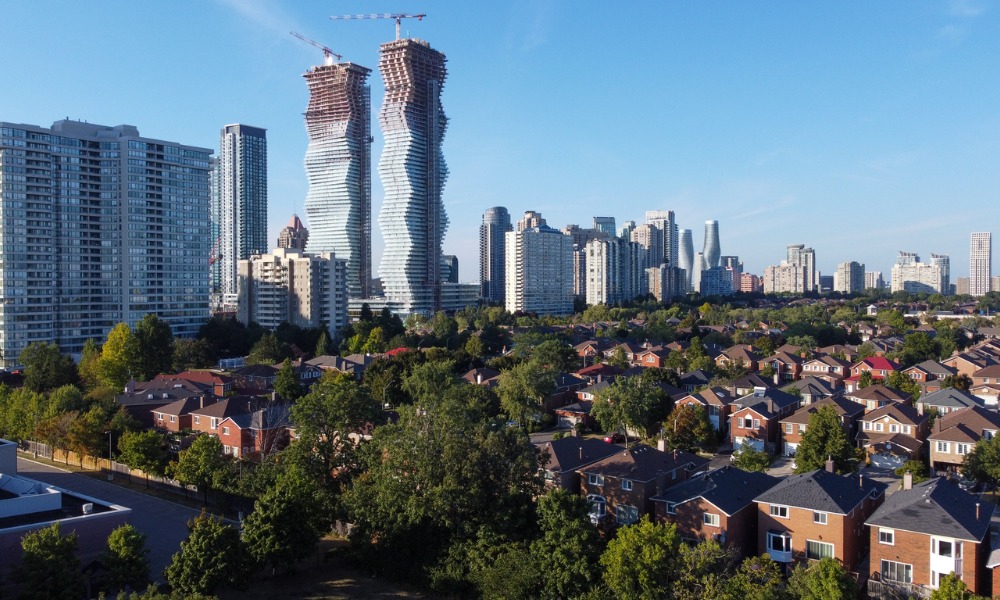Incentive package aims to deliver 500 new units by 2026

Facing a severe shortage of affordable rental housing, Mississauga City Council has developed a new strategy to incentivize developers through grants and fee waivers, with the goal of bringing up to 500 affordable units online within the next three years.
"The objective of the CIP (Community Improvement Plan) is to strike a balance between providing enough incentives per unit to ensure the units are delivered, while also ensuring the funding goes far enough to incentivize as many units as possible," a staff report detailed.
The city acknowledges that developers face "unprecedented cost barriers" like high interest rates and construction material prices, making affordable rental projects financially unviable without intervention.
"Based on industry input, and analysis provided by Parcel Economics, prevailing market rents in Mississauga far exceed affordable rent levels for even our moderate-income renter households," the report cautioned. "Without intervention, it is unlikely that the market will deliver new units at affordable rates."
The proposed Affordable Rental Housing CIP includes two key programs – the Multi-Residential Rental Incentive Program for higher-density projects, and the Gentle Density Incentive Program for adding rental units to lower-density neighbourhoods.
Under the Multi-Residential program, developers can receive incentives like capital grants, fee waivers, and application fee relief for providing affordable units (up to 100% of average market rent) or below-market units (100-125% of average market rent).
"What we're proposing today may not address the entire financial gap for developers," planner Catherine Parsons told the committee. "So we're hoping to enable stacking and we, to the greatest extent possible, have designed the program to have applicants...be able to stack funding from the City with other government programs."
The Gentle Density program offers incentives like development charge and parkland fee waivers for creating new rental units on residential lots, including fourth units which are currently not exempt under legislation.
Mississauga has allocated $33 million for the CIP, with $24.8 million from federal funding and $8.2 million from the city's housing reserves. "The CIP is intended to balance the need to provide enough incentives per unit to ensure the units are delivered, while also ensuring the funding goes far enough to incentivize as many units as possible," the report stated.
The strategy comes as housing costs in Mississauga have soared, with average rents rising 71% from 2008 to 2023, far outpacing income growth of 53% over the same period. A 2020 report found 80% of Peel residents cannot afford homeownership or market rents.
"The CIP is not designed to compete with the delivery of low-income units... but is configured to increase the supply of rental units affordable to moderate-income renter households earning $54,000 to $96,000," staff explained.
With the new incentives, city officials hope to accelerate the development of affordable rental stock and make progress toward provincial targets of 120,000 new homes in Mississauga by 2031.
Make sure to get all the latest news to your inbox on Canada’s mortgage and housing markets by signing up for our free daily newsletter here.



